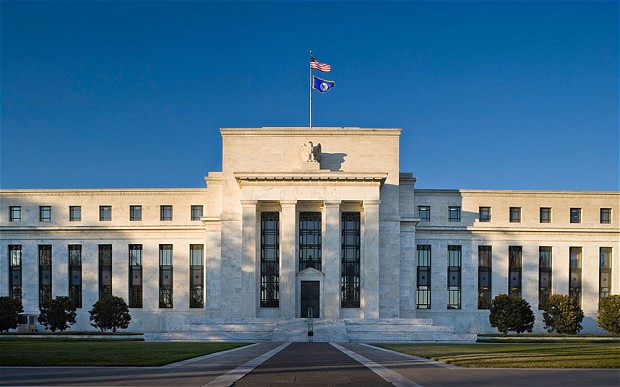US economy is slowing, Yellen doesn’t see recession

Economic growth in the United States is slowing but it is unlikely to drop to a level that will cause a recession, former US Federal Reserve chair Janet Yellen said in Hong Kong on Monday.
“I don’t see a recession in the US as particularly likely. The US is certainly experiencing a slowing of growth and that is something that was long expected,” Yellen said at a Credit Suisse forum on Asian investment.
The US economy grew by more than 3 per cent last year due to a huge US fiscal stimulus, synchronised global growth and highly accommodative financial conditions. But those factors were not expected to last, Yellen said. The positive impact from the fiscal stimulus has faded substantially, while financial conditions have tightened and the global growth outlook is less strong than it was previously.
“Yes, growth is slowing, but I don’t see it slowing to a level that will cause a recession,” she said. “In fact, it might signal that the Fed would at some point need to cut rates, but it certainly doesn’t signal that this is a set of developments that would necessarily cause a recession.”
Historically, a cause of US recessions has been a financial imbalance that led to an unwinding of a “bubble”, such as happened in the global financial crisis in 2008-09. However, the current financial system does not show any signs that it could be the cause of such a shock, she added.
Another cause of past US downturns has been when inflation rose to unacceptably high levels, forcing the US Federal Reserve to tighten policy significantly over a short period of time. In these situations the economy was overheated, inflation was too high, and the US Federal Reserve tightened policy to a restrictive level that led the economy to stumble and subsequently fall into recession, Yellen said.
Yellen’s comments echo those of Charles Evans, the president of the Chicago Federal Reserve, who said earlier on Monday that growth in the US economy remained robust even though it had slowed.
Analysts believe fears of a recession is likely to linger given the inversion of the bond yield curve, with short-term interest rates rising above long-term interest rates, they said. Historically, yield curve inversions have often preceded recessions, most recently in 2007 before the global financial crisis.
Yellen’s successor at the Fed, Jerome Powell, raised interest rates four times last year, but seemed to change tack last week by indicating that rates would remain stable for the year.
President Trump had railed against increasing interest rates, which had dinged ebullient stock markets a decade into their bull run.

